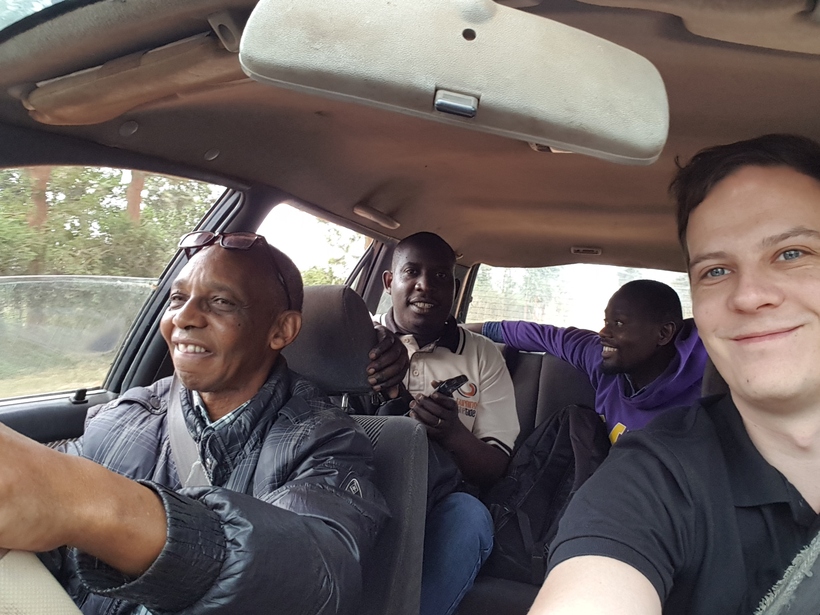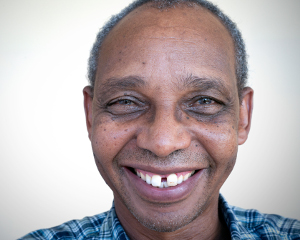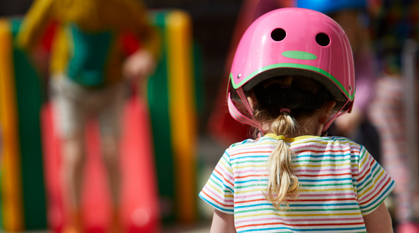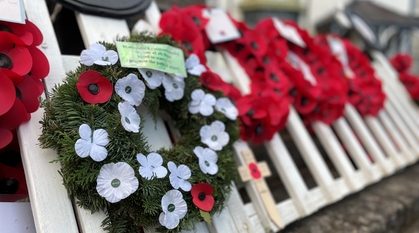3 things that East African community peace campaigners can teach us
Peacebuilding needs diversity and courage writes Tobias Wellner.

“I'm 66 years old, but my skin is still young. I think that's because of my work as a peacebuilder." Sizeli, a survivor of the Rwandan genocide, says this to me with a big smile on his face.
Approximately 800,000 Rwandans were killed in 100 days in 1994. Sizeli lost 95 members of his family in the genocide. After the genocide ended, Sizeli became involved in trying to bring his ripped community back together. Today, Sizeli is one of the peace campaigners in Rwanda that Quaker Peace & Social Witness (QPSW) works with on the Turning the Tide social action programme.
Turning the Tide (TTT) equips and supports groups to nonviolently campaign against social injustice, with the goal of building more peaceful communities. My African colleagues train others in nonviolent campaigning and help groups to speak about and analyse root causes of violence. African TTT campaigners also support people to organise nonviolent campaigns to address the root causes of violence.
I recently travelled through Rwanda, Burundi and Kenya for one month, visiting QPSW's partner organisations and meeting local grassroots peace campaigners. Knowing about Sizeli's genocide experiences and hearing him speak about peacebuilding was truly an inspiring experience for me.
Here are three things that Sizeli and other peace campaigners taught me about how they work successfully within their communities:
1. Peacebuilding works when it is diverse
I attended a meeting with peace campaigners in the North of Rwanda. They were discussing the suppressed role of women in family property management. They discussed how it creates a lot of violence in their communities when women and children do not have a say in their families. I was interested to hear that many of the problems mentioned were similar to the ones we face in Europe. But it was the seemingly natural composition of this group that was most fascinating.
The campaigners had all very different social backgrounds. Some were rather wealthy, others were poor. Some were old, others were young. Half of the group were women, the other half were men. Members of five different Christian denominations were present. So were Muslims. In fact, the meeting was led by a Muslim women's leader.
The group was confused when I asked them about the diverse constellation of their team. Did it cause problems for them? They asked me back: “Do people with different religious beliefs and different social backgrounds not come together in Europe to talk about their community conflicts?"
2. Peacebuilding works when it is locally driven
In the South of Burundi, I met a group of peace campaigners who have been working on land conflicts in their communities for years. Many of these conflicts erupt when refugees return home after years living in exile. Some conflicts date back decades, others started when children of refugees returned from exile and claimed their inheritance. Every conflict is unique and is linked to parts of the nation's incredibly complex history. Often these land conflicts turn violent.
The group I met during my visit has resolved many such conflicts peacefully in the past. I asked them about their secret powers. One team member said: “These conflicts cannot be solved by outsiders, because they are too complex and connected to our culture. However, TTT's nonviolent techniques helped us approach these conflicts differently; more peacefully."
3. Peacebuilding works when it is not understood as an event, but is seen as a long process that takes time and courage
Two participants of a TTT workshop in Kisumu, Kenya explained that they are living in neighbouring communities. Both are from different ethnic tribes. “There were times where we could not go to the area of the other tribe. It was too dangerous. People feared that they may be attacked simply because they were 'from the other side'."
The two participants recently met during one of the TTT trainings in their area. Both were tired of how difficult things had become in their communities. They decided to work together, to start talking to each other, to bring people from both sides in order to address conflicts that are heavily based on stereotypes.
“The elections in Kenya last year made things difficult. Some politicians use ethnic divides for their own political benefit. We started to see change because of our peacebuilding work, but the elections brought us new problems. Our problems won't be solved with three year projects. It will take much longer to bring back the trust between people."
About Sizeli Marcelin

Sizeli lost 95 members of his family in the Rwandan genocide. He now works as a peacebuilder, holding workshops for communities in conflict. Listen to his interview for the Quaker This Light That Pushes Me storytelling project.
Pressing play on the player below may set a third-party cookie. Please see our cookies page to find out more.


